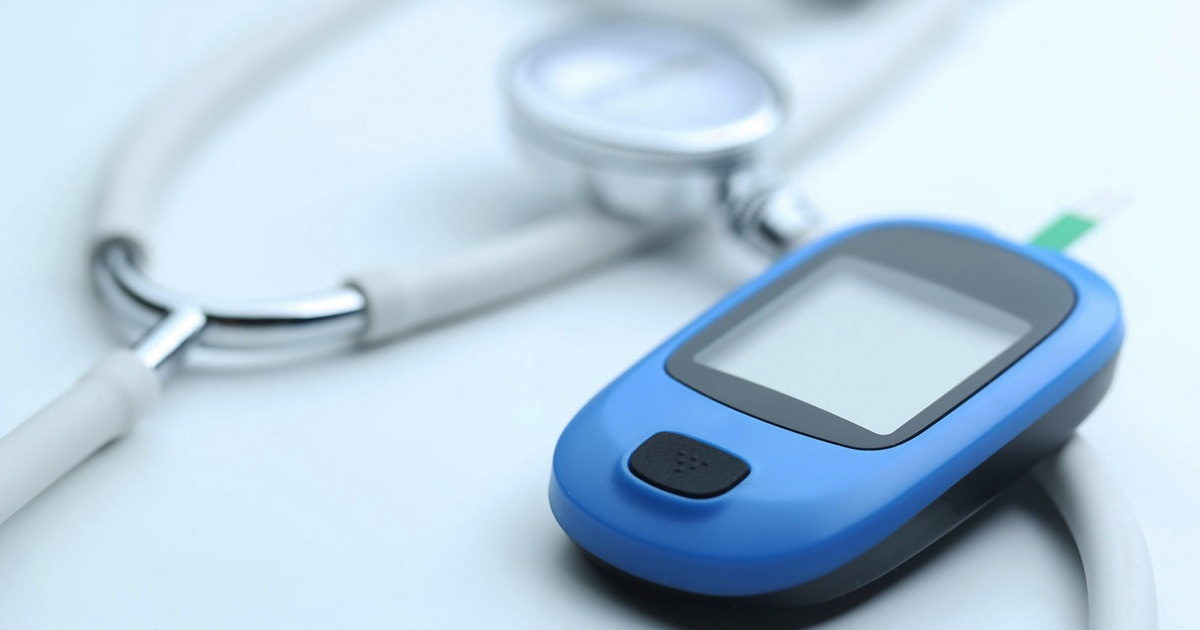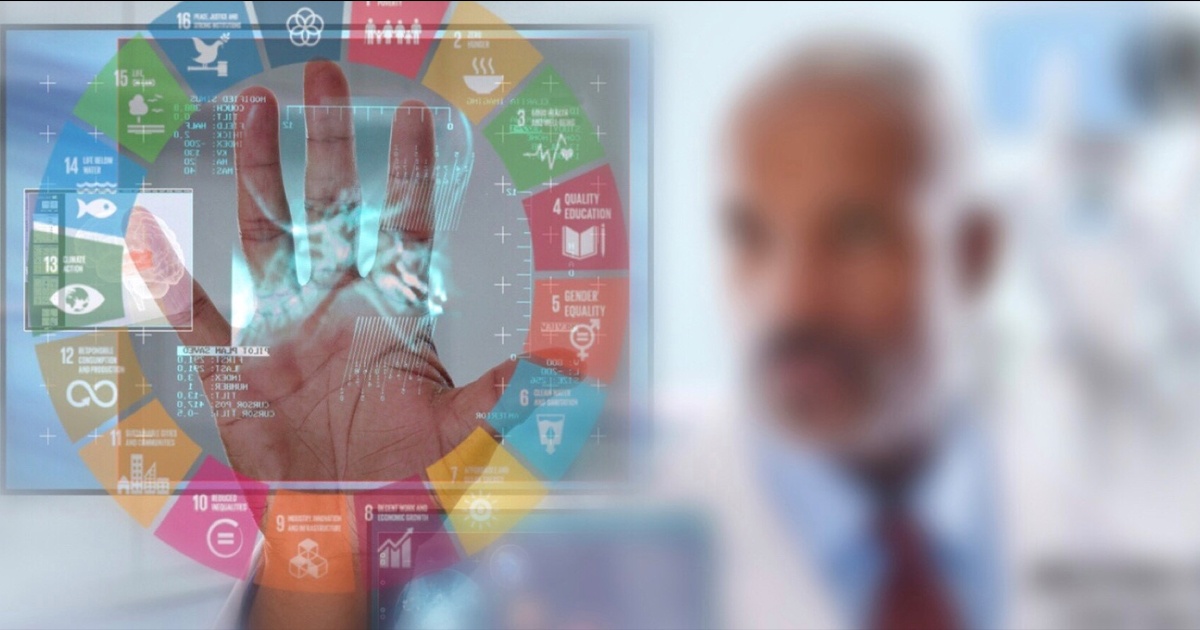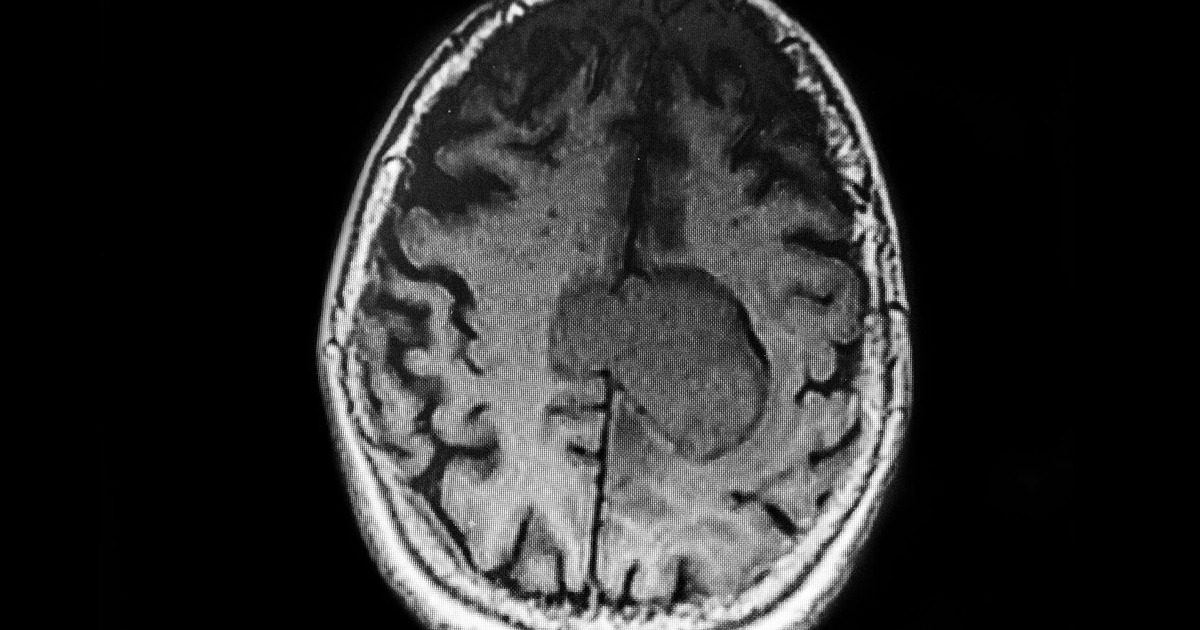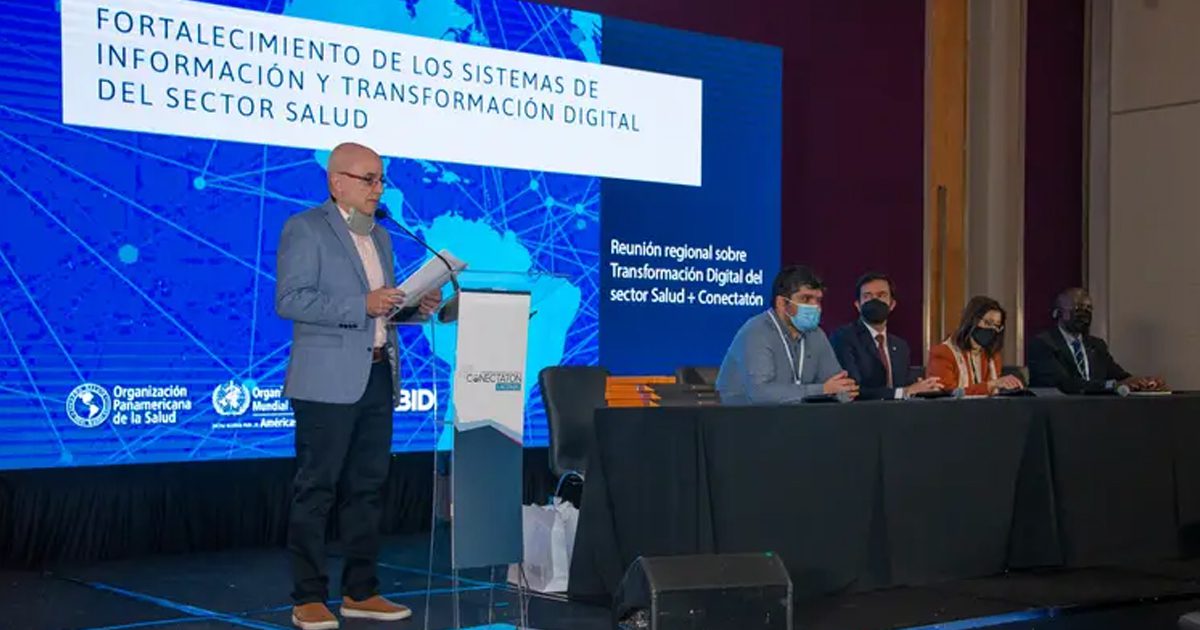Study published in the Journal Internet of Medicine (JMIR), explains the interventions in Digital Health used in patients with type 2 diabetes, to develop self-care behaviors.
Type 2 diabetes (TD2) is a chronic condition that affects millions of people, worldwide there is a prevalence of 6059 cases per 100 thousand people. One of the fundamental aspects for the treatment of T2D is self-care. Chronic diseases require special care and responsibility on the part of patients who suffer them.
The research: Digital Health Interventions for People With Type 2 Diabetes to Develop Self-Care Expertise, Adapt to Identity Changes, and Influence Other’s Perception: Qualitative Study, published in the JMIR, was led by researchers from the School of Medicine of the University of Bristol in the United Kingdom. It offers an approach to self-care behaviors of patients with T2D using digital technologies.

The study aimed to obtain information on how and why people living with T2D use digital self-care technology and how experiences vary among individuals and social groups. To this end, they recruited patients with T2D who had used a digital intervention to help them care for their condition.
Twenty-one people participated and were interviewed through a semi-structured method and the data was analyzed by topic. “Participants used digital interventions to help them to understand and feel more in control of their bodies. Digital interventions were used by participants to project their chosen identity to others,” the study mentions in the results section.
The different self-care experiences included technologies such as conventional blood glucose meters, or sensors that attach to the body that accomplish the same task. They also mentioned technologies that facilitate interaction with medical specialists, such as the use of electronic medical records that patients can consult on the Internet.
“Participants in this study used technology to help them understand their body, develop their expertise in self-care, and keep them engaged in the management of their condition. Through the use of digital interventions, participants could better understand and control their bodies and their diabetes,” the research mentions in the discussion section.
Participants included people from different socioeconomic levels, meaning that not all participants have the same opportunity to access technologies for the treatment and self-care of their condition. However, age groups are also a factor, since the sample included adults over 50 interested in technology.
“Digital health technology was used to support the expression of positive identities (a good patient, an expert, or in control) or to avoid a stigmatized identity (by resisting the diagnosis or hiding their condition),” the study concludes.
JOURNAL OF MEDICINE INTERNET RESEARCH






